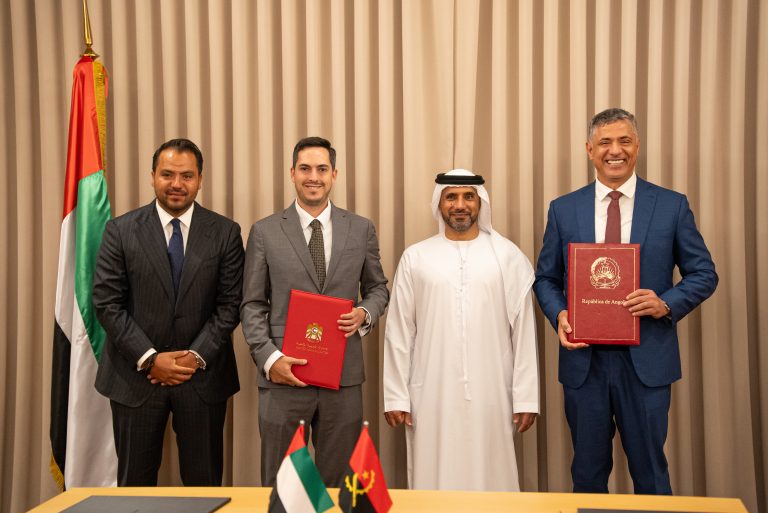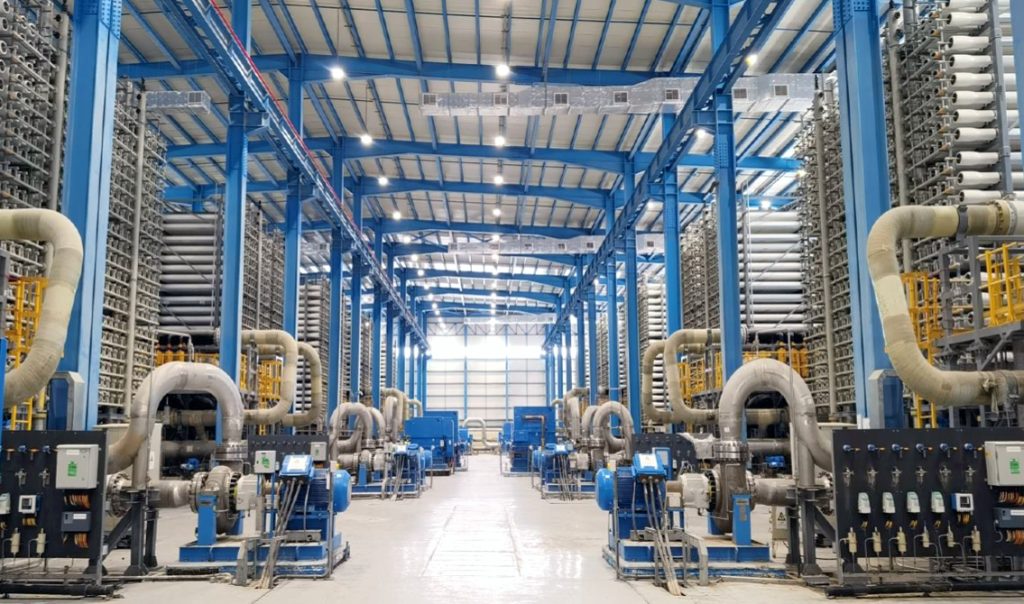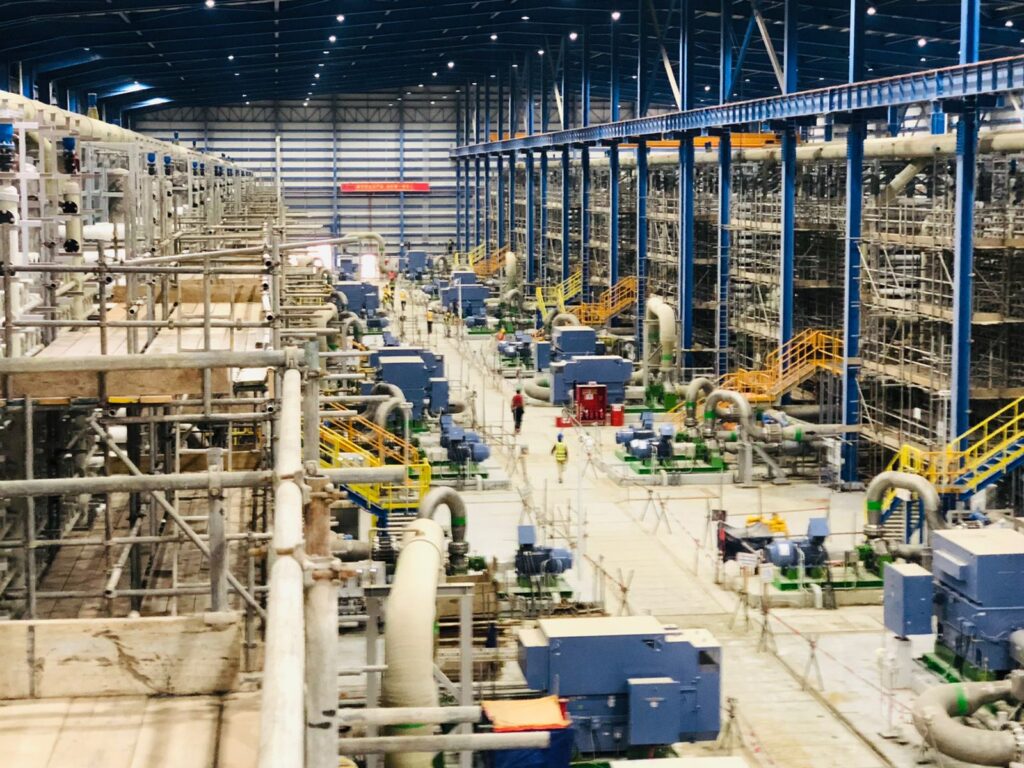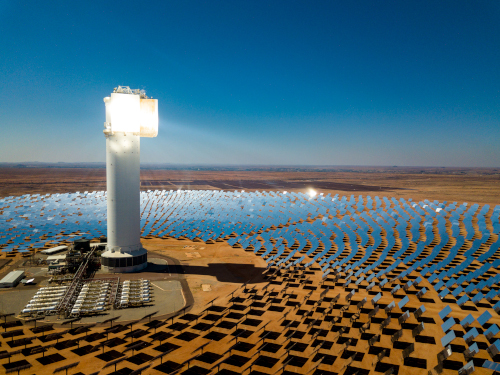- The concession has been granted through the Joint Venture between Cox and AMEA, formed in May of this year, with the support of the Ministry of Foreign Affairs of the United Arab Emirates and the Government of Angola
- The total investment amounts to over USD 200 million
- The plant has a capacity of 100,000 m³/day to supply drinking water to 800,000 inhabitants of the Mussulo peninsula, significantly contributing to improved water access in Luanda, the nation’s capital
- Plant operations are expected to begin in the second half of 2028
Madrid, August 27, 2025. Cox, a global leader in water and energy, in partnership with AMEA Power, one of the leading renewable energy companies in the Middle East and Africa, has signed a cooperation agreement with Angola’s Ministry of Energy and Water (MINEA) to develop a large seawater desalination plant on the Mussulo peninsula. The plant will have a capacity of 100,000 m³/day and will serve approximately 800,000 people.
Enrique Riquelme, Executive Chairman of Cox, stated: “With this new concession, we continue advancing our strategic plan and take a fundamental step in our international growth strategy in the water sector. Angola is a country with major challenges and opportunities regarding water, and together with AMEA Power and the Angolan government we aim to provide sustainable solutions that guarantee access to safe drinking water for its citizens.”
Hussain Al Nowais, Chairman of AMEA Power, added: “Our partnership with MINEA represents a transformative step toward securing a sustainable and climate-resilient water supply for Angola. We have been driving this project since 2022, and today we reach an important milestone, made possible thanks to the strong support of the UAE government. This landmark project demonstrates the power of public-private collaboration to close critical infrastructure gaps, strengthen communities, and improve the lives of hundreds of thousands of people for generations to come.”
The agreement was signed in the presence of H.E. Salem Ali Khamis Obaid Al Shamsi, UAE Ambassador to Angola, by João Baptista Borges, Minister of Energy and Water of Angola; Ignacio Carreras, Head of PtX at AMEA Power; and Emiliano Agustín Espinoza Labbé, Chief Africa, Middle East & Asia at Cox.
A Strategic Alliance: Water Alliance Ventures
The project will be executed through Water Alliance Ventures, the strategic joint venture established by Cox and AMEA Power, which brings together Cox’s technology and innovation with AMEA Power’s local expertise and institutional support. This collaboration strengthens Cox’s growth in the Middle East and Africa, while mitigating risks in regions with high demand for water and energy. The alliance is driving desalination and water treatment projects in these markets that exceed 2 million m³/day.
The new desalination plant, with an investment of over USD 200 million, will have a total capacity of 100,000 m³/day and will be built in two phases of 50,000 m³/day each. Each phase will generate between 200 and 300 jobs during construction and around 25 permanent jobs during operations.
Once operational, the facility will ensure the supply of drinking water to nearly 800,000 residents of the Mussulo Peninsula and the neighboring Futungo district, substantially improving water access in Luanda (Angola). Moreover, the plant will complement public initiatives such as the Bita and Quilonga projects, which are key to addressing Luanda’s water infrastructure challenges.
The project has been led by AMEA Power since 2022, when it signed a Memorandum of Understanding with MINEA to initiate the conceptual study. Subsequently, in November 2023, a Development Agreement was signed, providing the framework for AMEA Power to carry out a detailed Feasibility Study, completed in Q4 2024.
The project is supported by the Government of the United Arab Emirates, through the Ministry of Foreign Affairs (MOFA), reflecting the UAE’s historic commitment to strengthening bilateral ties with Angola and supporting critical infrastructure that fosters sustainable development.
Construction of the first phase is expected to begin after the completion of technical and environmental studies, with commissioning scheduled for Q2 2028.






